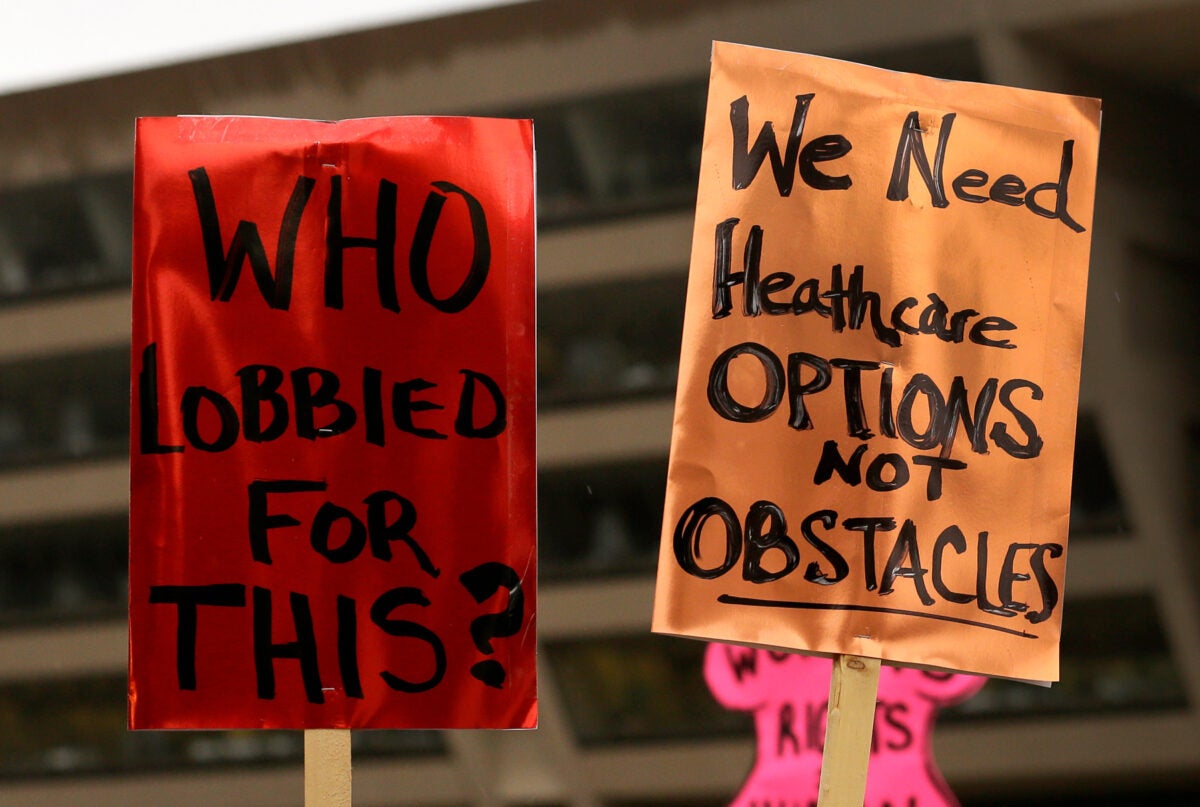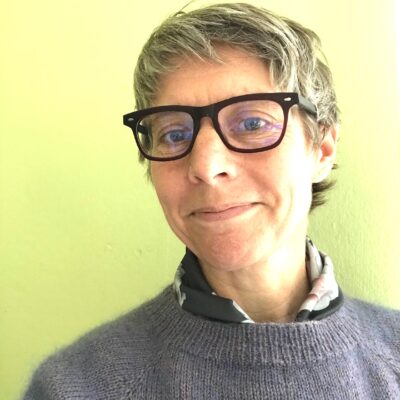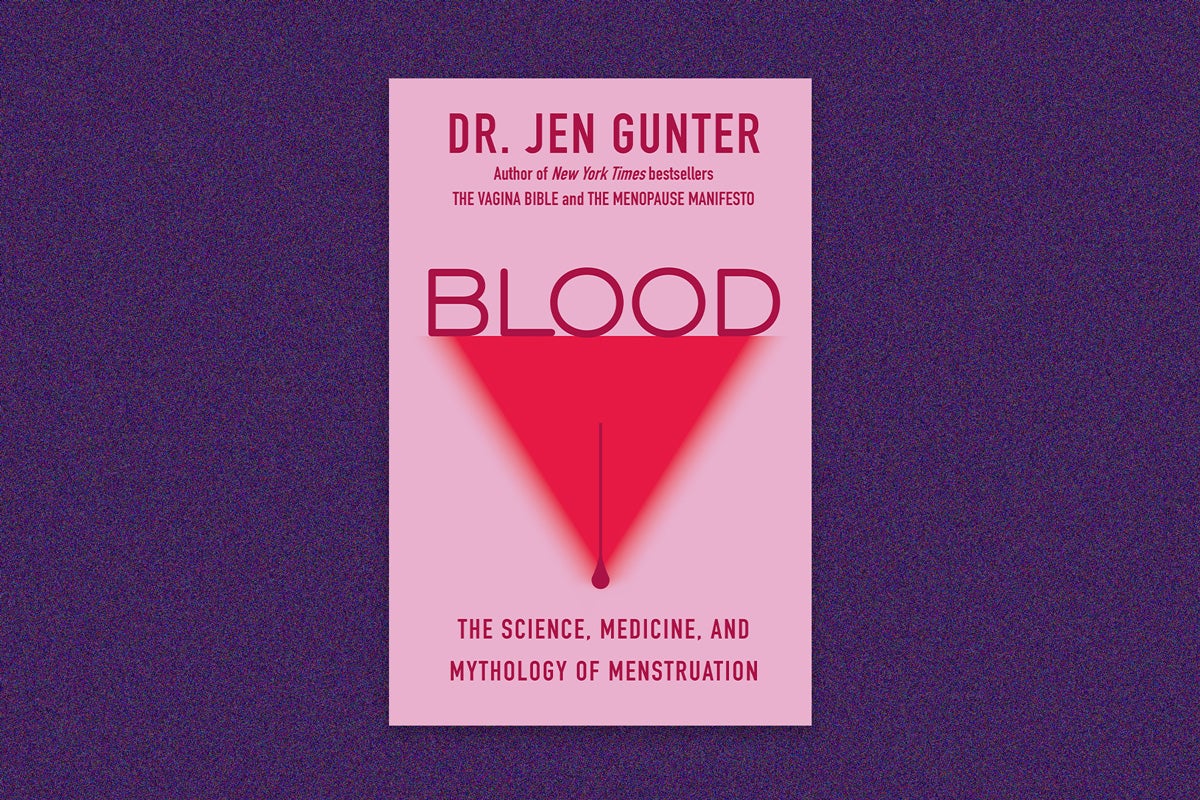
Opinion
Healthcare is a human right – but not in the United States
The Supreme Court’s ruling on Dobbs v. Jackson in June is just the latest blow to health rights in the United States. National medical associations in the U.S. agree that abortion is essential to reproductive healthcare. So why would abortion not be protected as such? Because the U.S. does not, and never has, protected a right to health.
Good health is the foundation of a person’s life and liberty. Injury and disease are always disruptive, and sometimes crippling. We might have to stop working, cancel plans, quarantine, hire help, and in cases of long-term disability, build whole new support systems to accommodate a new normal.
The U.S. remains the only high-income nation in the world without universal access to healthcare. However, the U.S. has signed and ratified one of the most widely adopted international treaties that includes the duty to protect the right to life. Under international law, the right to life simply means that humans have a right to live, and that nobody can try to kill another. Healthcare, the United Nations says, is an essential part of that duty. In 2018, the U.N. Committee on Civil and Political Rights said the right to life cannot exist without equal access to affordable healthcare services (including in prisons), mental health services, and notably, access to abortion. The U.N. committee mentioned health more than a dozen times in its statement on the right to life.
Sign up for Harvard Public Health
Delivered to your inbox weekly.
The bottom line is: the U.S. can’t claim to protect life if it fails to protect health. And it has consistently failed on all three of the U.N.’s measures— the latest being access to abortion.
In the U.S., our debates around healthcare, and especially abortion, are hampered by a lack of right to health. Instead, the Supreme Court in 1973 protected access to abortion through the rights to privacy and due process, not health. Privacy is mentioned only twice by the U.N. committee commentary on the right to life.
Since Dobbs, several state legislatures have declared it fair game to criminalize abortion procedures even in cases where pregnancy threatens maternal health or life. Despite ample evidence that restrictive abortion laws lead to spikes in maternal mortality and morbidity—core public health indicators—the Court prior to the Dobb’s decision has defended abortion as merely a matter of privacy, not health or life. We know this is a myth. Abortion is deeply tied to the ability to stay healthy and in some cases, alive.
Regardless, our political parties remain deeply polarized on access to healthcare, including abortion. But lawmakers should know there is historical backing in the U.S. for elevating a right to health. None other than U.S. president Franklin D. Roosevelt, first proposed healthcare as a human right in his State of the Union address in 1944, as part of his ‘Second Bill of Rights.’ His list featured aspirational economic and social guarantees to the American people, like the right to a decent home and, of course, the right to adequate medical care.
Eleanor Roosevelt later took the Second Bill of Rights to the U.N., where it contributed to the right to health being included in the Universal Declaration of Human Rights in 1948. The right to health is now accepted international law, and is part of numerous treaties, none of which the U.S. Senate has seen fit to ratify. The U.S. conservative movement has historically declared itself averse to adopting rights that might expand government function and responsibility. In contrast, state legislatures in red states are keen to expand government responsibility when it comes to abortion. The conservative movement condemns government interference in the delivery of healthcare—except when it comes to reproductive health. The American Medical Association has called abortion bans a “direct attack” on medicine, and a “brazen violation of patients’ rights to evidence-based reproductive health services.”
Excepting access to abortion, U.S. lawmakers have largely left healthcare to the markets, rather than government. True, the government funds programs like Medicaid and Medicare but these programs vary significantly in quality and access by state, falling far short of providing fair, equitable, universal access to good healthcare.
The only two places where the U.S. government accepts some responsibility for the provision of healthcare are 1) in prisons and mental health facilities; and 2) in the military. While healthcare services in the U.S. prison system are notoriously deficient, they nevertheless exist and are recognized as an entitlement, underpinning the right to life. As an example, in 2005 a federal court seized control of the failing healthcare system in California’s Department of Corrections citing preventable deaths. In the military, free healthcare is an entitlement, and the quality of that care is deemed good enough even for the U.S. president.
So why doesn’t everyone in the U.S. have the same rights?
It is an uphill battle in a country that sees health and healthcare as a private matter for markets and individuals to navigate. But if we want to improve public health in the U.S. we need to start legislating healthcare as a right—and recognize that achieving the highest possible standards of public health is a legitimate government function.
photo: Tony Gutierrez / AP Photo



